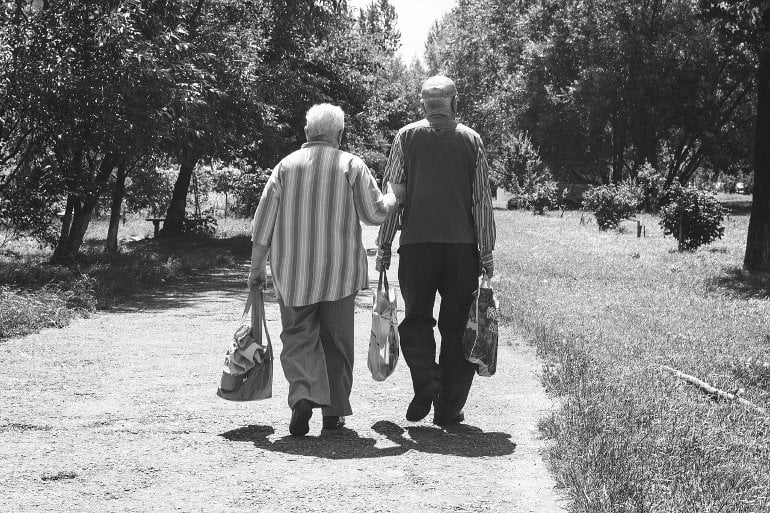Summary: The gut microbiome can be harnessed to reverse age-related brain deterioration and restore cognitive function, researchers report.
Source: UCC
Research from APC Microbiome Ireland (APC) at University College Cork (UCC) published today in the leading international scientific journal Nature Aging introduces a novel approach to reverse aspects of aging-related deterioration in the brain and cognitive function via the microbes in the gut.
As our population ages, one of the key global challenges is to develop strategies to maintain healthy brain function. This ground-breaking research opens up a potentially new therapeutic avenues in the form of microbial-based interventions to slow down brain aging and associated cognitive problems.
The work was carried out by researchers in the Brain-Gut-Microbiota lab in APC led by Prof John F. Cryan, Vice President for Research & Innovation, University College Cork as well as a Principal Investigator at APC Microbiome Ireland an SFI Research Centre, based in in University College Cork and Teagasc Moorepark.
There is a growing appreciation of the importance of the microbes in the gut on all aspects of physiology and medicine. In this latest mouse study the authors show that by transplanting microbes from young into old animals they could rejuvenate aspects of brain and immune function.
Prof John F. Cryan, says “Previous research published by the APC and other groups internationally has shown that the gut microbiome plays a key role in aging and the aging process. This new research is a potential game-changer, as we have established that the microbiome can be harnessed to reverse age-related brain deterioration. We also see evidence of improved learning ability and cognitive function.”

Although very exciting Cryan cautions that “it is still early days and much more work is needed to see how these findings could be translated in humans.”
APC Director Prof Paul Ross stated that “This research of Prof. Cryan and colleagues further demonstrates the importance of the gut microbiome in many aspects of health, and particularly across across the brain/gut axis where brain functioning can be positively influenced. The study opens up possibilities in the future to modulate gut microbiota as a therapeutic target to influence brain health” .
The study was led by co-first authors Dr Marcus Boehme along with PhD students Katherine E. Guzzetta, and Thomaz Bastiaansen.
About this aging and microbiome research news
Source: UCC
Contact: Press Office – UCC
Image: The image is in the public domain
Original Research: Closed access.
“Microbiota from young mice counteracts selective age-associated behavioral deficits” by Marcus Boehme, Katherine E. Guzzetta, Thomaz F. S. Bastiaanssen, Marcel van de Wouw, Gerard M. Moloney, Andreu Gual-Grau, Simon Spichak, Loreto Olavarría-Ramírez, Patrick Fitzgerald, Enrique Morillas, Nathaniel L. Ritz, Minal Jaggar, Caitlin S. M. Cowan, Fiona Crispie, Francisco Donoso, Evelyn Halitzki, Marta C. Neto, Marzia Sichetti, Anna V. Golubeva, Rachel S. Fitzgerald, Marcus J. Claesson, Paul D. Cotter, Olivia F. O’Leary, Timothy G. Dinan, John F. Cryan. Nature Aging
Abstract
Microbiota from young mice counteracts selective age-associated behavioral deficits
The gut microbiota is increasingly recognized as an important regulator of host immunity and brain health. The aging process yields dramatic alterations in the microbiota, which is linked to poorer health and frailty in elderly populations.
However, there is limited evidence for a mechanistic role of the gut microbiota in brain health and neuroimmunity during aging processes. Therefore, we conducted fecal microbiota transplantation from either young (3–4 months) or old (19–20 months) donor mice into aged recipient mice (19–20 months).
Transplant of a microbiota from young donors reversed aging-associated differences in peripheral and brain immunity, as well as the hippocampal metabolome and transcriptome of aging recipient mice. Finally, the young donor-derived microbiota attenuated selective age-associated impairments in cognitive behavior when transplanted into an aged host.
Our results reveal that the microbiome may be a suitable therapeutic target to promote healthy aging.






